National Indigenous Peoples Day: 10 Ways to Celebrate
Every June 21st, thousands of Indigenous Peoples celebrate National Indigenous Peoples Day (NIPD). This is a special day to acknowledge the unique...
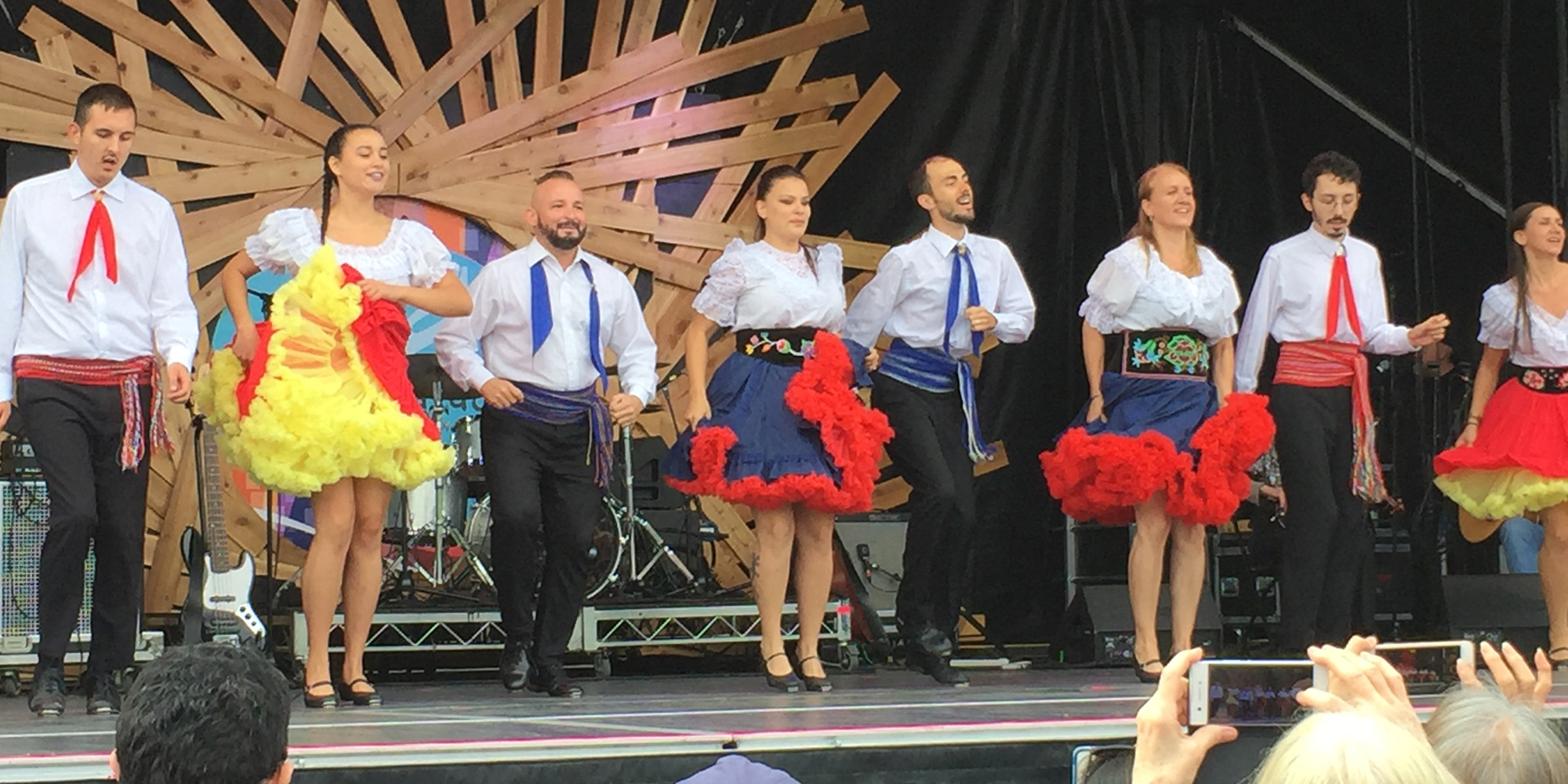
In National Indigenous Peoples Day: 10 Ways to Celebrate we have suggestions for celebrating this important day. Most of the suggestions involve attending an event or visiting a site. What a difference a year makes. National Indigenous Peoples Day 2020 celebrations are among the many events that have been cancelled due to the pandemic. We didn’t want you to miss out so we’ve compiled a list of 10 activities you can enjoy at home.
Here are some suggestions for celebrating, learning, listening and laughing:
Live-stream the virtual edition of the Summer Solstice Indigenous Festival from June 1 to 21.
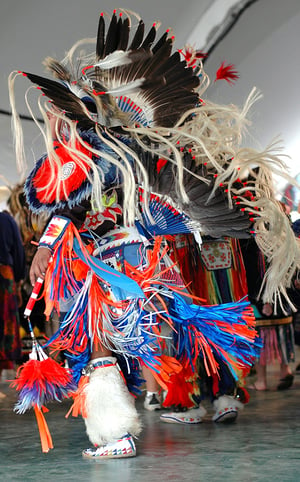 2. PowWows
2. PowWowsSpringtime is PowWow time for many Indigenous cultures in both Canada and the U.S. PowWows are joyous and beautiful expressions of culture meant to uplift people after the winter. This year, due to the pandemic restrictions, PowWows have gone online so you can still enjoy the dances, the regalia, and feel your spirit uplifted.
Podcasts are a series of audio files that are available online and most are structured like a TV or radio show; some are stand-alone while others have multi episodes and even seasons, and others have featured guest speakers.
Here are some that caught our attention:
What are the key issues for Indigenous Peoples in Canada? Bob Joseph explains in this video:
The expression “the camera never lies” should be taken with a grain of salt when looking at how Indigenous characters have been portrayed in Hollywood over time. Reel Injun, listed below, provides more context. Indigenous representation in movies about Indigenous Peoples has come a long way.
The Truth and Reconciliation Commission of Canada included four calls to action for sports and recreation. Here’s just one:
87.
We call upon all levels of government, in collaboration with Aboriginal peoples, sports halls of fame, and other relevant organizations, to provide public education that tells the national story of Aboriginal athletes in history.
There are a great many amazing past, present and emerging Indigenous athletes. Here's a list of just 21 outstanding Indigenous athletes.
CBC’s Unreserved devoted an episode to Indigenous comedy:
And here are just two of the many Indigenous comedians:
Museums and Indigenous Peoples have historically had a difficult relationship. In Aboriginal Repatriation - Aboriginal Peoples and Museums we provide some background on the relationship. Knowing the history of how museums formerly built up their collections provides an understanding of why museums were included in the Truth and Reconciliation Commission of Canada’s 94 calls to action. Here’s a call to action specifically for museums:
67.
We call upon the federal government to provide funding to the Canadian Museums Association to undertake, in collaboration with Aboriginal peoples, a national review of museum policies and best practices to determine the level of compliance with the United Nations Declaration on the Rights of Indigenous Peoples and to make recommendations.
Here are some online stories from the Canadian Museum of Human Rights website:
We've been offering Indigenous relations training since 2002 and have trained thousands of people, in all walks of life, all across Canada. You can enroll in our Indigenous Relations Academy or join one of our Virtual Classrooms in a time zone near you.
We have a Personal Pledge of Reconciliation and a Professional Pledge of Reconciliation that you can download, print and pin on your fridge or pegboard of your home office. We would love to build up the number of people who download the Pledges so please share widely with your family, peers, and pals.
Thank you so much for your interest in learning about Indigenous Peoples and finding ways to celebrate National Indigenous Peoples Day safely.
Featured photo: Blue Pixel Design
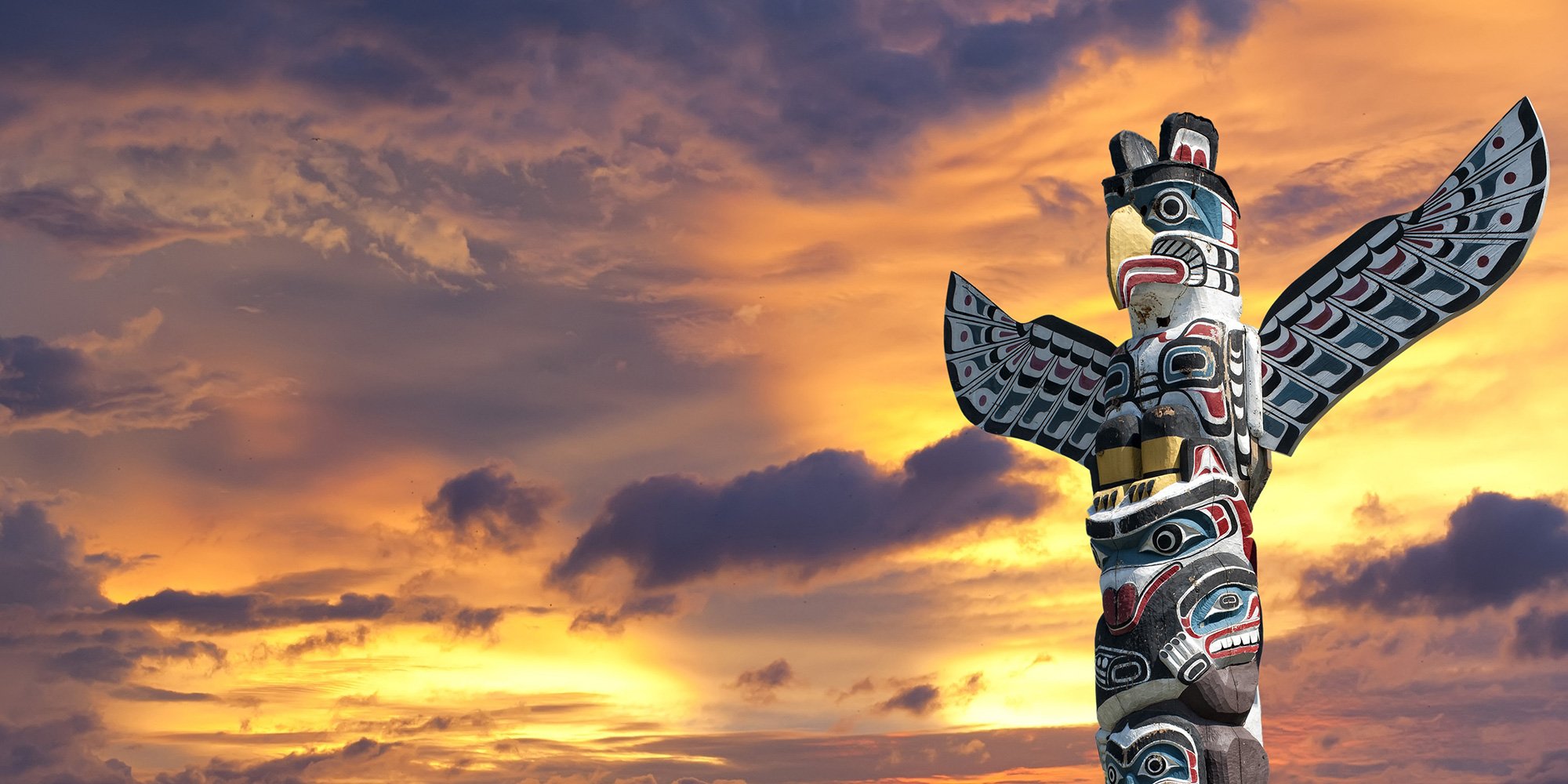
Every June 21st, thousands of Indigenous Peoples celebrate National Indigenous Peoples Day (NIPD). This is a special day to acknowledge the unique...
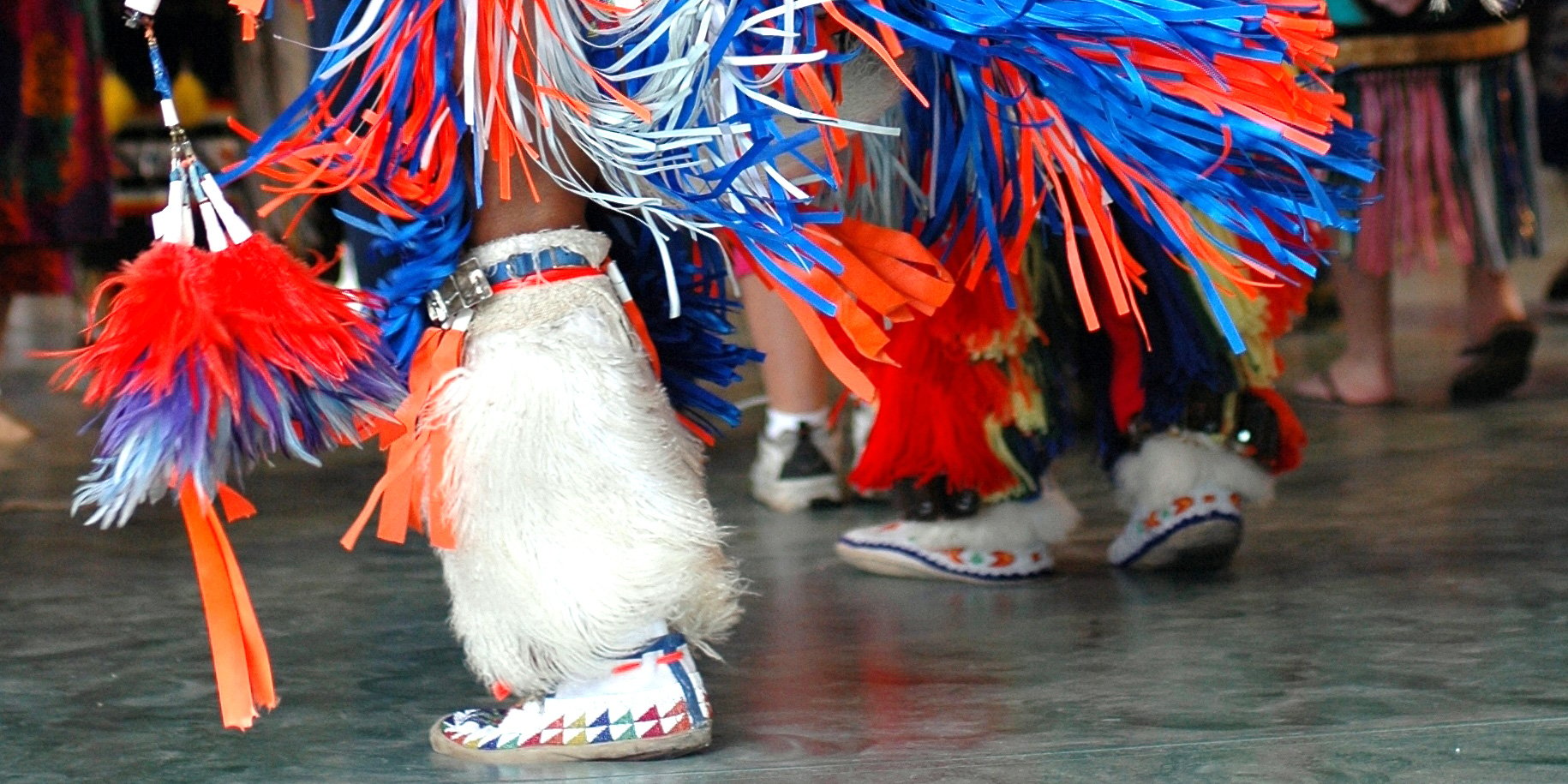
June is National Indigenous History Month - a time for all Canadians - Indigenous, non-Indigenous and newcomers - to reflect upon and learn the...
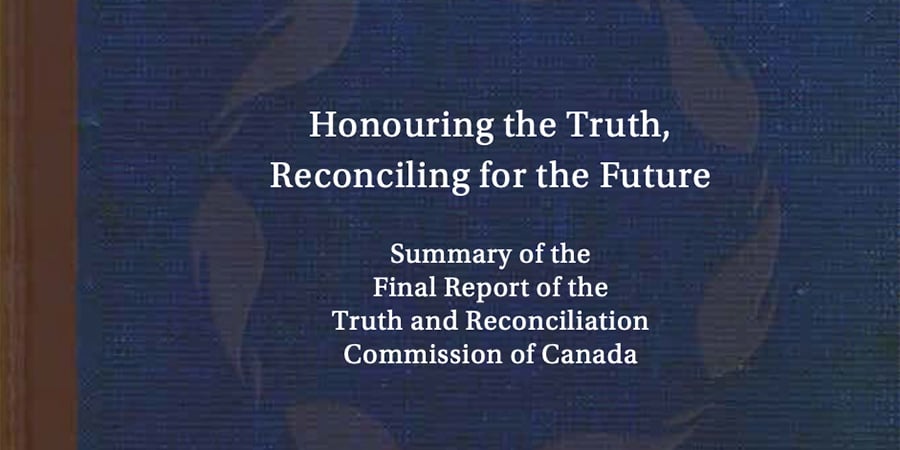
1 min read
The Truth and Reconciliation Commission released its summary report and findings on June 2, 2015, after six years of hearings and testimony from more...